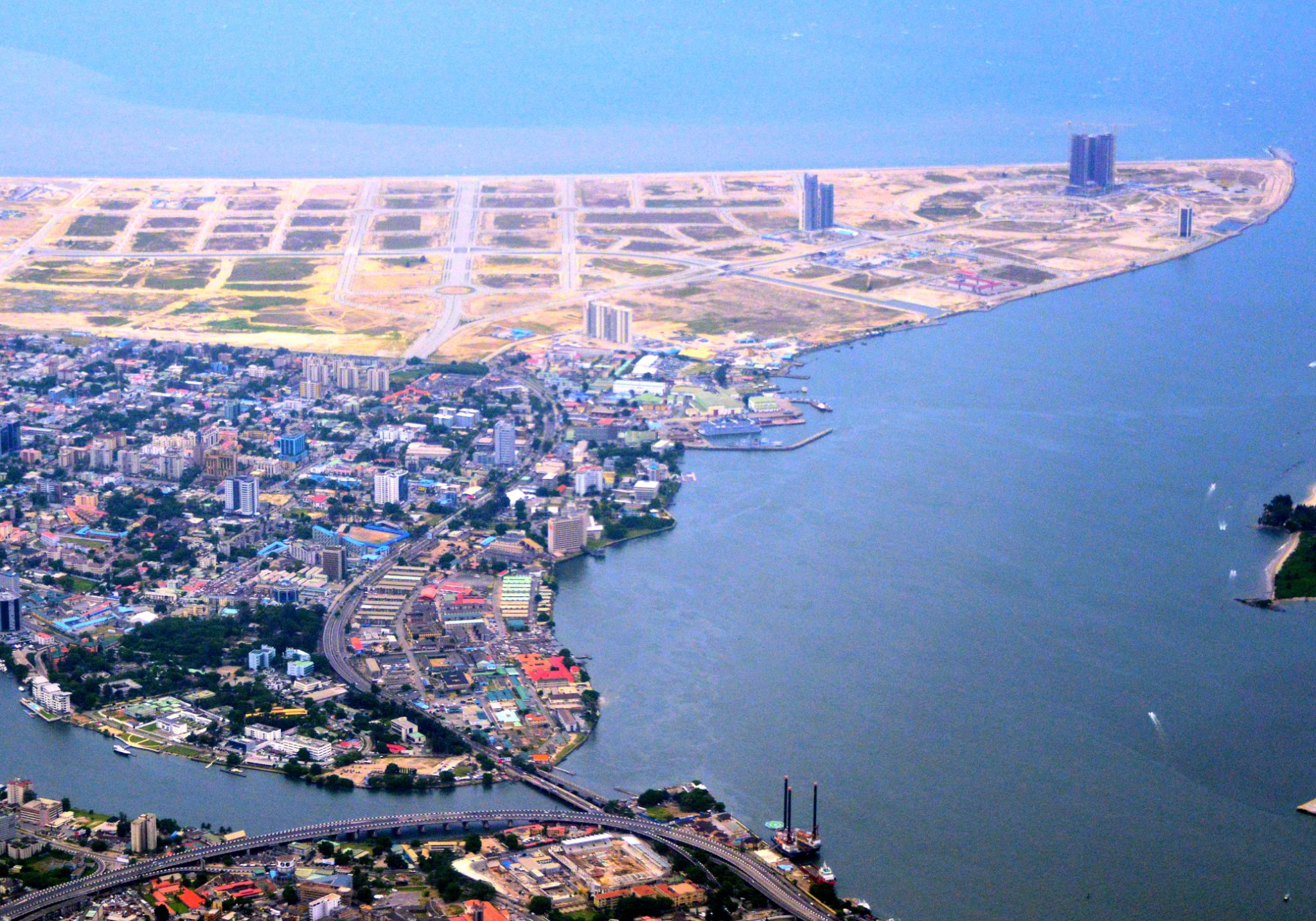Sustainable Development Practices in Eko Atlantic City
Introduction to Eko Atlantic City
Eko Atlantic City is a remarkable example of sustainable urban development in Africa. This ambitious project aims to create a vibrant and eco-friendly metropolis on land reclaimed from the Atlantic Ocean. Situated in Lagos, Nigeria, Eko Atlantic City is designed to be a modern, self-sufficient community that addresses the challenges of urbanization and environmental sustainability.

Revolutionizing Urban Planning
The city is being built with a focus on innovative sustainable development practices. From its inception, Eko Atlantic City has prioritized environmental conservation and sustainable resource management. The project's master plan integrates green spaces, efficient transportation systems, and state-of-the-art infrastructure to reduce the carbon footprint and promote a healthier living environment.
Green Spaces and Biodiversity
A key aspect of Eko Atlantic City's sustainable development is the inclusion of extensive green spaces. Parks, gardens, and recreational areas are strategically placed throughout the city to enhance biodiversity and provide natural habitats for local flora and fauna. These green spaces also serve as vital areas for recreation and community interaction, promoting a sense of well-being among residents.
Water Management and Conservation
Given its coastal location, Eko Atlantic City has implemented advanced water management systems to ensure sustainable use of this vital resource. The city utilizes sophisticated technologies for water recycling and desalination, minimizing wastage and reliance on external water sources. This approach not only conserves water but also ensures a reliable supply for residents.

Flood Defense Mechanisms
To protect against the threat of rising sea levels and coastal erosion, Eko Atlantic City incorporates robust flood defense mechanisms. A massive sea wall has been constructed to shield the city from ocean surges, providing a high level of safety and security for its inhabitants. This protective barrier is an essential feature that underscores the project's commitment to sustainability and resilience.
Renewable Energy Initiatives
Eko Atlantic City is committed to harnessing renewable energy sources to power its infrastructure. Solar panels are widely used throughout the city to capture the abundant sunlight, reducing dependency on non-renewable energy sources. Wind turbines are also being explored as a supplemental energy source, further cementing the city's dedication to sustainable energy solutions.

Sustainable Transportation Solutions
The city's transportation system is designed with sustainability at its core. Public transit options, such as electric buses and trams, are prioritized over private vehicle use to decrease emissions and traffic congestion. Additionally, pedestrian-friendly walkways and cycling paths encourage residents to adopt environmentally friendly modes of transportation.
Conclusion: A Model for Future Cities
Eko Atlantic City stands as a beacon of sustainable urban development in Africa, showcasing what is possible when innovative planning meets environmental stewardship. Its commitment to eco-friendly practices sets a benchmark for future urban projects worldwide. As cities continue to grow and face environmental challenges, Eko Atlantic City offers valuable lessons in creating resilient and sustainable communities for generations to come.